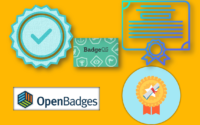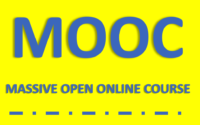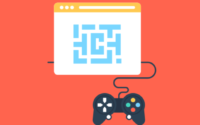
Micro-Credentials for Competency-Based Learning. A Solution-Finding Report
This Solution-Finding Report provides information, requested by Kerri White, Arkansas/Louisiana Technical Assistance Coordinator for the South Central Comprehensive Center, on behalf of Kevin Beaumont, Director of Professional Learning at the Arkansas Department of Education’s Division of Educator Effectiveness. Beaumont’s request was seeking resources for seven topics to be included in a micro-credential for competency-based learning: […]
















